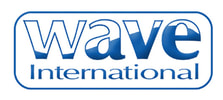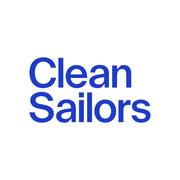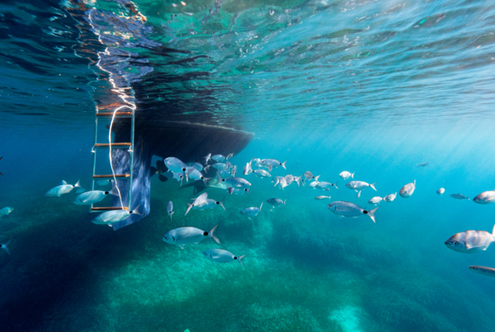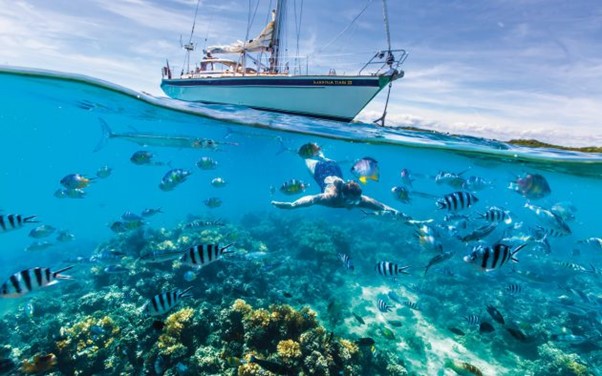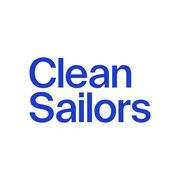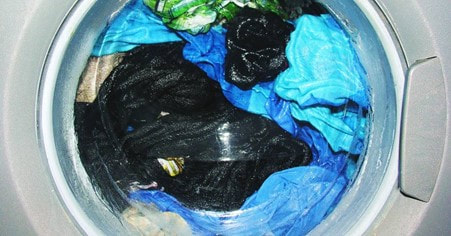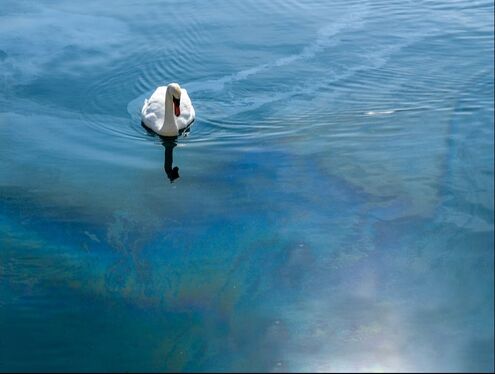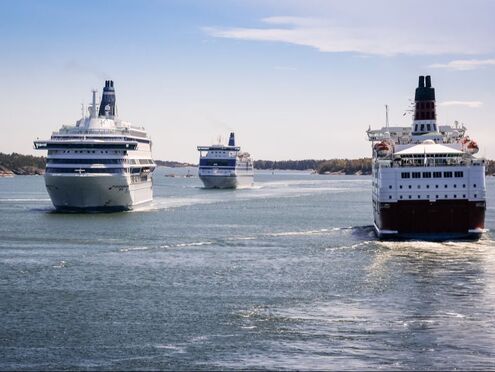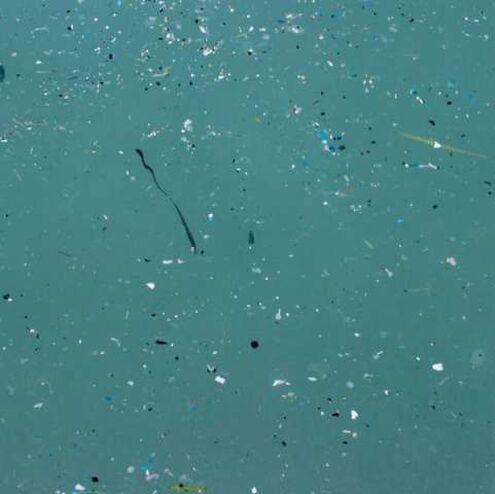Marine Conservation
How can you save our oceans and waterways?
The Wave systems such as bilge filters and grey water systems presented on this website are designed to reduce the impact leisure and commercial boating have on the marine environment, the seas, oceans, inland waterways and lakes that boats sail on.
Installing this kind of system will mitigate that impact but there is so much more that we can all do and the following articles and links on this page may raise awareness and give you guidance to a better practice while operating your craft.
Installing this kind of system will mitigate that impact but there is so much more that we can all do and the following articles and links on this page may raise awareness and give you guidance to a better practice while operating your craft.
|
|
Solo Sailing an Arctic Circumnavigation
APRIL24 - Concern about global warming and melting sea ice has inspired a young sailor, Ella Hibbert, to attempt two world records in a bid to raise funds and increase awareness of the fragile Arctic ecosystem. Ella, 27, aims to circumnavigate the Arctic, solo and without stopping.
In order to help protect the environment, Ella has fitted out her yachtYeva with a Wavestream System 1. This in-line bilge filter will ensure that no pollution is pumped overboard. Its multi-media filter cartridge captures trace oils and particles such as microfibres and microplastics as well as many other waste products which often end up in bilges. |
Generation Seachange
|
Why Clean Sailing is so important.
|
|
The dream of turquoise waters is threatened by plastic pollution. Photo: Tor Johnson
|
Cleaning up our seas: What sailors can do to help.
|
It's Raining Microfibres
|
Scientific research suggests oily bilge water could be harming marine ecosystems and coastal economies.Bilge dumping is the illegal release of untreated oily wastewater from a vessel’s lower hull. This wastewater, or bilge water, appears as an oil slick in the ocean, which eventually disperses and can migrate to vulnerable coastlines.
Vessel bilge dumping incidents typically receive less attention than large oil spills: they are much smaller-scale events, but occur more frequently and potentially can have a significant cumulative effect. https://skytruth.org/2020/03/bilge-dumping-at-sea-why-should-i-care/ |
Environmental impact of grey water discharge from ships in the Baltic SeaToday, the Baltic Sea is the only designated special area under MARPOL Annex IV with respect to sewage discharge and nutrient content. In this area, passenger ships' sewage must be treated according to the IMO standards.
However another waste is also created, grey water is the drainage from dishwater, shower, laundry, bath and washbasin drains. Discharge of grey water is not regulated by the IMO, but grey water poses an environmental threat since, in addition to bacteria and organic matter, it contains contaminants (i.e. such as chemicals at higher concentrations than if they had occurred naturally), as well as nutrients (nitrogen and phosphorous) leading to eutrophication. https://www.sciencedirect.com/science/article/pii/S0025326X20300096 |
Microplastics generated when opening plastic packagingNew research has found that microplastics can be generated by simple tasks in our daily lives such as by cutting with knives or scissors, tearing with hands or twisting manually, to open plastics containers/bags/tapes/caps.
These processes can generate about 0.46–250 microplastic/cm. This amount is dependent on the conditions such as stiffness, thickness, anisotropy, the density of plastic materials and the size of microplastics. This finding sends an important warning, that we must be careful when opening plastic packaging and reduce our consumption and use of plastic products, if we are concerned about microplastics and care about reducing microplastics contamination. https://www.nature.com/articles/s41598-020-61146-4 |
